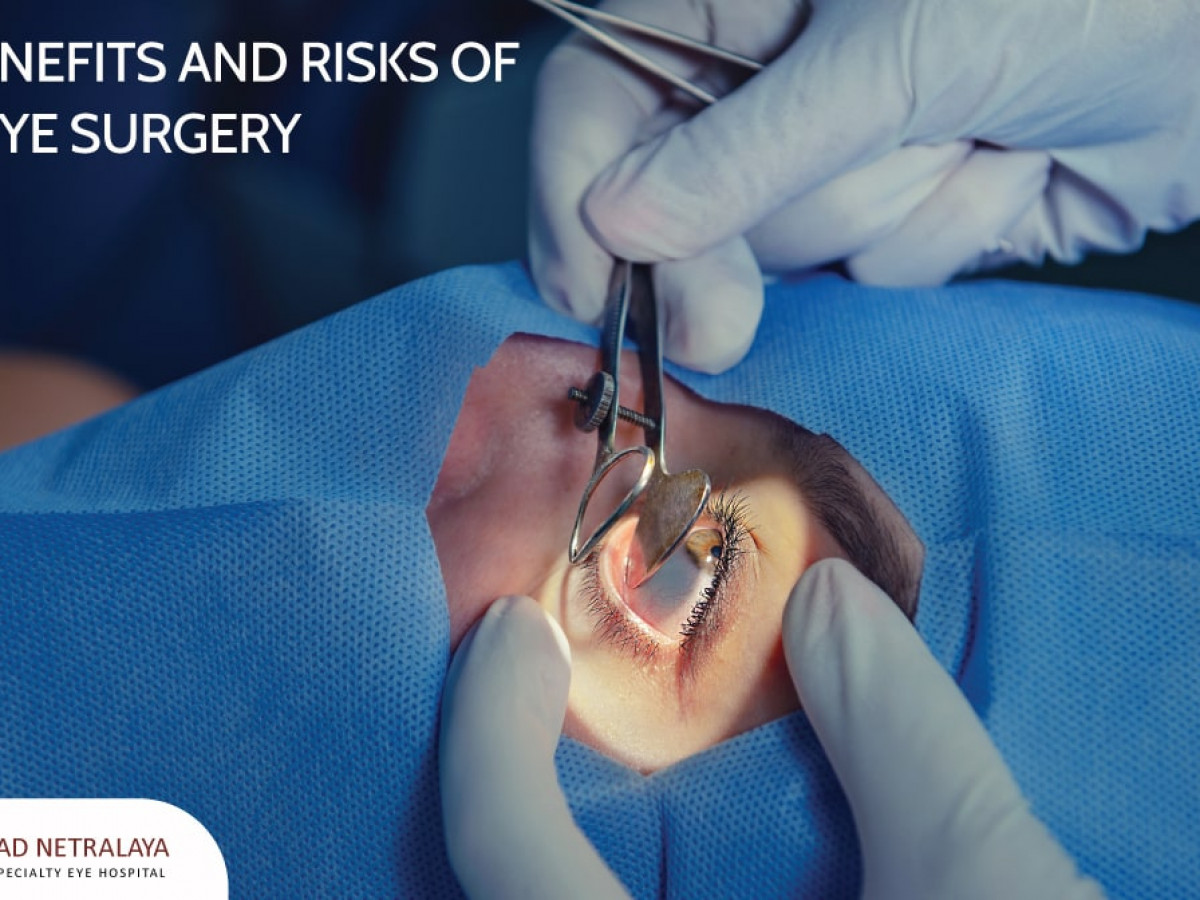A Comprehensive Appearance at the Different Eye Surgical Procedure Procedures Offered by Experienced Eye Physicians
In the realm of ophthalmology, the landscape of eye surgery treatments offered by competent eye physicians is as diverse as it is advanced. From the extensively acknowledged LASIK eye surgical treatment to the much less familiar refractive lens exchange, each procedure holds the guarantee of vision correction and improvement.

LASIK Eye Surgical Treatment
The accuracy of LASIK eye surgery offers clients a transformative option for vision modification given by skilled ophthalmologist. LASIK, which stands for Laser-Assisted Sitting Keratomileusis, is a preferred refractive surgery that improves the cornea to address usual vision troubles such as farsightedness, astigmatism, and nearsightedness. This outpatient treatment uses an extremely specialized laser to precisely remove tiny quantities of tissue from the cornea, enabling improved focusing power and more clear vision without the demand for glasses or contact lenses.
During the LASIK procedure, the eye doctor produces a slim flap on the cornea utilizing a microkeratome or a femtosecond laser. This flap is then folded up back to access the underlying corneal cells, which is improved using an excimer laser based upon the patient's distinct prescription. The flap is then rearranged, where it adheres back right into location without the requirement for stitches, promoting fast healing and very little pain post-surgery. With its high success rate and quick recovery time, LASIK eye surgical procedure has ended up being a trusted method for accomplishing enduring vision improvement.
PRK Treatment
An extremely effective option to LASIK eye surgery is the PRK treatment, understood for its successful outcomes in vision correction. PRK, or Photorefractive Keratectomy, is a sort of refractive surgery that improves the cornea to remedy refractive errors such as astigmatism, farsightedness, and nearsightedness.
During the PRK procedure, the outer layer of the cornea, called the epithelium, is eliminated to access the underlying corneal cells. Unlike LASIK, which develops a flap in the cornea, PRK directly reshapes the surface area of the cornea. Tallahassee Eye Doctors. This makes PRK an appropriate option for individuals with thin corneas or other corneal abnormalities that may prevent them from going through LASIK
The epithelium regrows naturally over a couple of days after the procedure. While the recovery time for PRK is typically longer contrasted to LASIK, many people achieve exceptional visual outcomes with this treatment.
Cataract Surgical Procedure
Cataract surgical treatment is a common treatment done to eliminate the over cast lens of the eye and change it with a clear fabricated lens. This surgical treatment is normally done on an outpatient basis and is extremely successful in recovering vision. The cloudy lens, which is called a cataract, develops gradually and can trigger blurred vision, trouble seeing at evening, and sensitivity to light.
Throughout the cataract surgical treatment treatment, the ophthalmologist makes a small incision in the eye and makes use of ultrasound technology to separate the cloudy lens. The fragmented lens is then gently suctioned out, and a fabricated intraocular lens (IOL) is placed in its location. This IOL assists to focus light onto the retina, boosting vision.
Patients undertaking cataract surgical treatment are typically awake throughout the procedure, which typically investigate this site lasts around 15-30 mins. Healing time is reasonably fast, with several individuals noticing enhanced vision within a couple of days. It is vital to adhere to post-operative care instructions supplied by the eye specialist to make certain optimum healing and vision results.
Refractive Lens Exchange
Refractive Lens Exchange, likewise understood as lens substitute surgical procedure, is a treatment that involves removing the eye's natural lens and replacing it with a synthetic lens to fix vision issues. By consulting with a proficient eye physician, individuals can establish if they are suitable prospects for this kind of surgical procedure and review the possible advantages and dangers associated with the procedure.
Corneal Transplant
Having actually attended to refractive errors through treatments like lens substitute surgical treatment, proficient eye physicians also offer corneal transplants as a remedy for particular eye problems. A corneal transplant, likewise referred to as corneal grafting, involves replacing a damaged or diseased cornea with a healthy benefactor cornea to improve vision. This procedure is normally advised for people with conditions such as keratoconus, corneal scarring, corneal abscess, or corneal thinning.
During a corneal transplant, the ocular specialist removes the main section of the damaged cornea and changes it with a donor cornea that is thoroughly matched for dimension and form. There are various types of corneal transplants, consisting of passing through keratoplasty, where the whole density of the cornea is replaced, and partial density transplants like Descemet's stripping automated endothelial keratoplasty (DSAEK) or Descemet's membrane layer endothelial keratoplasty (DMEK), which change just the internal layers of the cornea.

Conclusion

In the world of ophthalmology, the landscape of eye surgery treatments supplied by proficient eye physicians is as varied as it is progressed.The precision of LASIK eye surgical procedure offers clients a transformative option for vision correction provided by proficient eye medical professionals.Refractive Lens Exchange, also known as lens substitute surgical treatment, is a procedure that involves eliminating the eye's natural lens and replacing it with a man-made lens to fix vision issues.Having addressed refractive mistakes via treatments like lens replacement surgery, experienced eye doctors likewise provide corneal transplants as a solution for specific eye conditions.In final thought, competent eye medical professionals provide a range of eye surgical treatment treatments including LASIK, PRK, cataract surgical treatment, refractive lens exchange, and corneal transplant.